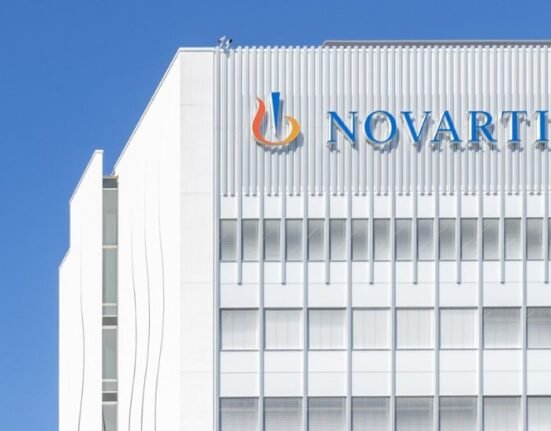HQ Team
September 2, 2023: Novartis, one of the world’s top five pharmaceutical companies by revenue, has filed a lawsuit against two US government health agencies, terming drug price negotiations initiated by them as “unconstitutional.”
The multinational firm, based in Basel, Switzerland, stated that the Inflation Reduction Act was “threatening the ongoing scientific innovation necessary to make these life-saving and meaningful medicines available to the people who need them most.”
Novartis filed a lawsuit against the US Department of Health and Human Services and the Centers for Medicare and Medicaid Services, according to a company statement.
“We believe the drug price-setting provisions in the IRA are unconstitutional and will have long-lasting negative consequences for patients by limiting access to medicines now and in the future.”
‘Maximum fair price’
The drug price-setting provisions in the Act represent an “unconstitutional taking of pharmaceutical manufacturers’ private property and would impose excessive and crippling fines” on pharmaceutical companies that refuse either to participate in the supposedly voluntary “negotiations,” or to accept “CMS’s purported “maximum fair price” for a particular drug.”
Earlier this week, the Centers for Medicare & Medicaid Services (CMS), which administers a government program, Medicare that provides health insurance for adults and children with limited income, announced a program to first target 10 drugs, including ones that treat blood thinners and diabetes.
Among the other drugs, Novartis’ drug to treat heart failure, Entresto, made it to the list. J&J , Bristol Myers Squibb and Merck, have already sued the Centers for Medicare and Medicaid Services, which runs Medicare, before the drug list was announced in a bid to throw the price-setting process off the tracks.
Profound disagreement
Eliquis made by Bristol-Myers Squibb Company, Boehringer Ingelheim’s diabetic drug Jardiance, Janssen Pharmaceuticals, Inc.’s Xarelto blood thinner, and Merck’s Januvia, a diabetic medicine were included in the first list.
According to the US government, the negotiation process will consider the selected drug’s clinical benefit, the extent to which it fulfils an unmet medical need, and its impact on people who rely on Medicare.
Novartis stated that “the provisions also force the company to endorse views with which it profoundly disagrees, in clear violation of Novartis’ rights under the First Amendment.”
The program will “stifle innovation and jeopardize the creation of future medicines,” harming the millions of patients who count on the pharmaceutical industry to discover life-saving treatments, according to Novartis.
“The result would fundamentally jeopardize the development and supply of essential, life-saving drugs for the people who depend on them.”
The negotiations with participating drug companies will occur in 2023 and 2024, and any negotiated prices will become effective beginning in 2026, according to a government statement.







